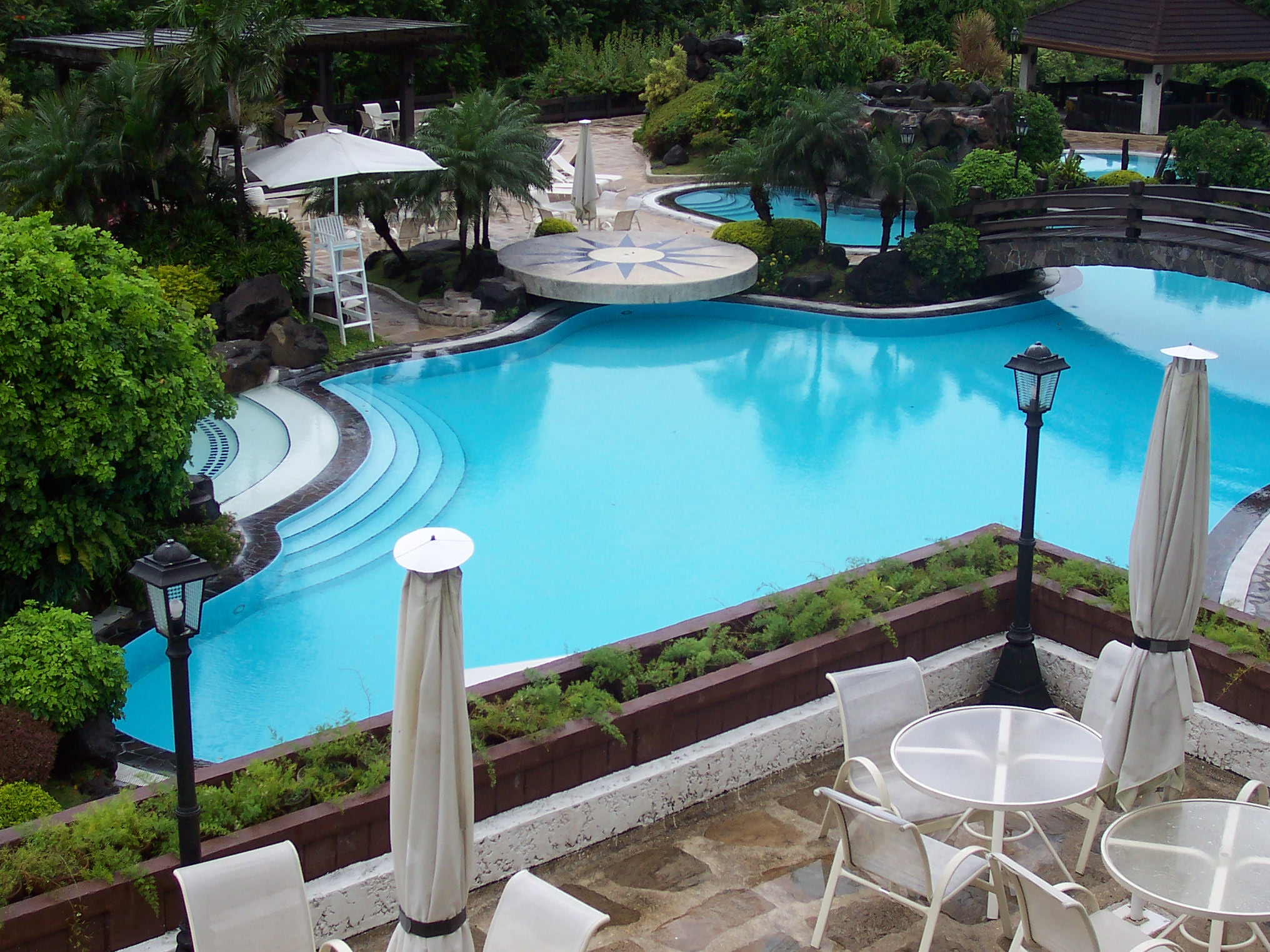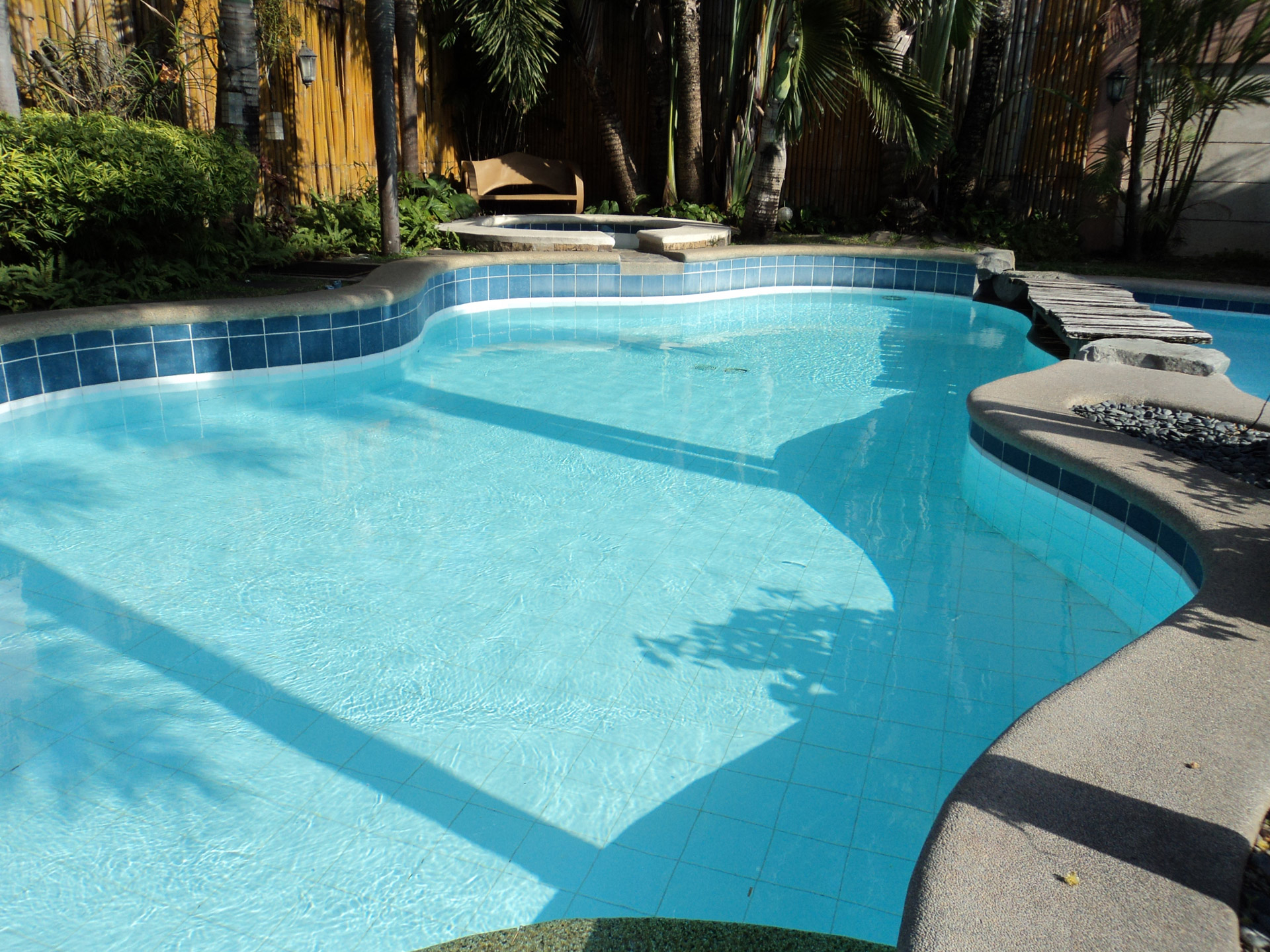Pool Productions - Mastering Your Water World
For anyone who cares about their backyard oasis, keeping the water just right can feel like a big job, a bit like a constant science experiment. You know, making sure everything is balanced and sparkling clean is pretty much the key to truly enjoying your swimming space. There's a lot that goes into having a great pool, from understanding what's in the water to fixing little problems that pop up.
There's a group, a very large one, actually, that has become a real go-to spot for people who own pools and spas. This online place has grown to include well over four hundred thousand members, making it the biggest and, in some respects, the most impactful resource for pool and spa owners on the internet. It's a place where folks can get real help with their water care.
This community is built around a particular way of looking after your pool, something they call Trouble Free Pool Care, or TFPC for short. It's not a product you buy, but rather a set of ideas, a way of doing things, that helps you keep your pool in great shape. They've really made a name for themselves in helping people get their water clear and safe, without all the fuss, which is pretty cool.
- Violetwalker Onlyfans
- Max Novendstern
- Show A Veteran Your Boobs
- General Tung Ak
- Columbus Busted Magazine
Table of Contents
- What is the Core of Pool Productions?
- How Does Pool Math Help Pool Productions?
- Understanding Chlorine Levels for Effective Pool Productions
- Addressing Common Challenges in Pool Productions
- The Importance of CYA in Pool Productions
- Getting Your Water Chemistry Right for Pool Productions
- Trouble Free Pool Care - A Guiding Light for Pool Productions
- The Community Behind Successful Pool Productions
What is the Core of Pool Productions?
At the heart of keeping any pool or spa in top condition, which is a big part of what we mean by "pool productions," lies a specific approach. This approach, known as Trouble Free Pool Care, or TFPC, is essentially a set of principles, a method for looking after your water, not something you can just pick up from a store shelf. It's a way of thinking about water care that helps pool owners keep their swimming spots sparkling and ready for fun, which is actually quite helpful for many people.
This way of doing things came about because folks were dealing with pools, and it allowed the creators of TFPC to put together what many consider the best tool for figuring out pool chemistry on the internet. They were the original ones to write this helpful calculation program, so it's almost like they wrote the book on it. This tool, you know, makes a real difference in how people manage their pool water, giving them clear steps to follow for their pool productions.
The whole idea behind TFPC, really, is to simplify what can sometimes feel like a very complex task. Instead of just guessing or relying on different products that might not work together, TFPC provides a consistent and clear path. It's about empowering pool owners with the knowledge and the right tools to handle their water care themselves, leading to better, more enjoyable pool productions over time, which is pretty much what everyone wants.
How Does Pool Math Help Pool Productions?
A big part of successful "pool productions" involves using a special calculation program called PoolMath. This program is the brains behind getting your pool water just right, helping you figure out exactly what chemicals to add and how much. It takes the guesswork out of balancing your water, which can often feel a bit overwhelming for pool owners. Basically, it's like having a personal chemist for your pool, right there in your pocket.
When you're trying to figure out the right amounts of things like chlorine, or CYA, or even acid, PoolMath steps in to guide you. You just put in your current water readings, and the program tells you precisely what you need to do. It helps you determine the correct quantities of these items and then tells you how to put them into your pool, so you can follow the directions easily. This makes the whole process of managing your water chemistry much simpler, which is, in fact, a huge benefit for anyone involved in pool productions.
Using a tool like PoolMath means you can avoid common mistakes that might lead to cloudy water or, worse, unsafe swimming conditions. It's designed to give you the confidence to manage your pool's chemistry on your own, without having to rely on expensive service calls for basic adjustments. This kind of precise calculation is absolutely essential for consistent and effective pool productions, making sure your water is always in top shape.
Understanding Chlorine Levels for Effective Pool Productions
Getting the right amount of chlorine in your pool is really important for good "pool productions." It's the stuff that keeps your water clean and free of bad things. But it's not just about having chlorine; it's about having the right *kind* of chlorine working in your water. This is where things can get a little bit tricky, and why understanding the science behind it matters so much for anyone looking after a pool.
For instance, imagine a pool where the ratio of CYA to active chlorine, or HOCl, is off, say at 2.5 parts CYA to 1 part free chlorine. In a situation like that, the pool actually has only a small fraction, just one-fifth, of the working chlorine compared to a pool that follows the advice from health organizations for safe and ideal amounts. This means even if your test kit shows a certain amount of chlorine, it might not be doing its job effectively because of how much CYA is present, which is pretty vital for effective pool productions.
This difference in active chlorine can have a big impact on how clean and safe your pool truly is. If your working chlorine is too low, then, you're more likely to have issues with algae or other unwanted things growing in your water. Keeping these levels correct, based on expert advice, is a core part of keeping your pool healthy and clear. It’s about making sure your chlorine is actually doing its cleaning work, which is key for successful pool productions.
Addressing Common Challenges in Pool Productions
Sometimes, even with the best care, challenges pop up in "pool productions." One common and often worrying issue is a pool leak. When you have a leak, it can mean losing a lot of water and, of course, the chemicals you've worked so hard to balance. This can be a real headache, and finding where the water is going can feel like a very big puzzle to solve.
For example, there was a situation with a 13,000-gallon inground saltwater pool, which had a couple of large water features. The pool company involved was suggesting an expensive leak detection service, costing around eight hundred dollars, to find the problem. However, the owner was working to figure out the issue on their own before needing to spend that kind of money. This kind of problem-solving is, in fact, a common part of managing a pool and something many people try to tackle themselves first when it comes to their pool productions.
Trying to sort out a leak without professional help often involves a lot of careful observation and testing. It might mean checking around the equipment, looking for wet spots, or doing bucket tests to see how much water is truly being lost. This hands-on approach can save money, but it does take time and a bit of detective work. It’s a good example of the practical side of pool productions, where sometimes you just have to roll up your sleeves and get to it.
The Importance of CYA in Pool Productions
Cyanuric acid, often called CYA, plays a pretty big role in "pool productions," especially for outdoor pools. It acts like a sunscreen for your chlorine, helping it last longer when exposed to the sun's rays. Without enough CYA, the sun can burn off your chlorine very quickly, meaning you'd have to add more chemicals all the time, which is just a lot of extra work and expense.
However, the amount of CYA you need really depends on your pool's setup. For instance, an outdoor pool that has a cage or some kind of cover over it doesn't require as much CYA as an outdoor pool that is completely out in the sun all day. The cover provides some protection from the sun, so the chlorine doesn't disappear as fast. This subtle difference is, you know, quite important when you're trying to get your water chemistry just right for effective pool productions.
Then there's the question of indoor pools or spas. What are the right CYA amounts for these? Since indoor pools aren't getting direct sunlight, they generally need much less, or sometimes even no, CYA. Adding too much CYA in an indoor setting can actually cause problems, making your chlorine less effective. Knowing these specific needs for different types of pools is a key part of smart pool productions, ensuring your chemicals are working as they should.
Getting Your Water Chemistry Right for Pool Productions
Getting your water chemistry just right is a fundamental part of successful "pool productions." It's not just about adding chemicals randomly; it's about precision and understanding what your water actually needs at any given moment. This is where tools and methods come together to give you clear steps to follow, making the process less about guesswork and more about clear actions.
Using a program like PoolMath, for example, helps you figure out the precise amounts of things like chlorine, CYA, or acid, or any other chemicals your water might need. You put in your test results, and the program calculates exactly what to add. Then, it tells you how to put those chemicals into your water, making sure you do it safely and effectively. You can find more details on how to do this properly, ensuring your pool productions are always on point.
This systematic way of handling water chemistry means you're always making informed choices. It takes the stress out of wondering if you've added too much or too little of something. By following these clear instructions, you maintain a balanced and healthy pool environment, which is, honestly, the goal for any pool owner. It helps you keep your water clear, clean, and safe for everyone who uses it, making your pool productions a breeze, pretty much.
Trouble Free Pool Care - A Guiding Light for Pool Productions
The Trouble Free Pool Care method, or TFPC, is really more than just a set of instructions; it's a complete philosophy for "pool productions." It emphasizes a consistent and straightforward approach to water management, moving away from complicated routines or relying on a lot of different products that might not be necessary. It’s about getting back to basics and understanding the core principles of water chemistry, which, you know, makes a lot of sense.
This way of caring for your pool is not something you buy off a shelf; it's a methodology, a proven system. It came about from a lot of experience dealing with pools, allowing its creators to put together the very best calculating tool available online. They were the original ones to develop this resource, showing their deep

File:Tagaytay Highlands pool area.jpg - Wikimedia Commons

Swimming Pool Free Stock Photo - Public Domain Pictures

Free Images : landscape, hotel, resort, landscapes, horizon, hotels